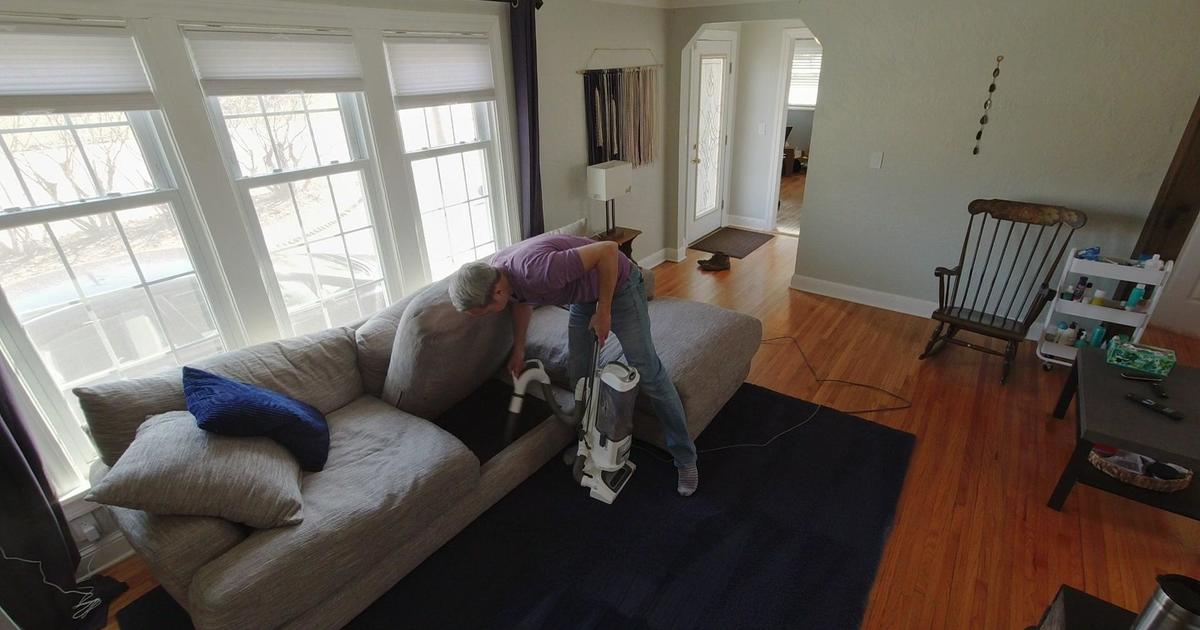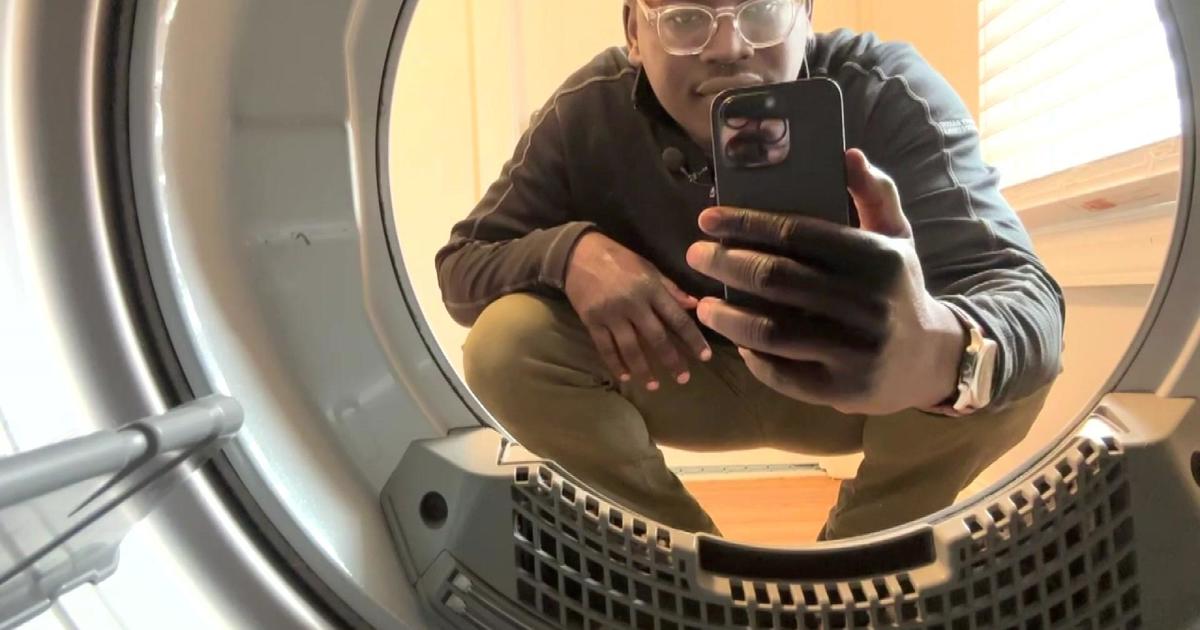Good Question: Is 'Screen Time' Bad For Your Vision?
MINNEAPOLIS (WCCO) -- We are in the era of the digital screen. After eight hours a day at a computer screen we walk to the car staring at our smart phones and return home to stare at our iPads. With all of us spending more time gazing into a screen, is all of that screen time causing damage to our eyesight?
"I think I stare at a screen a solid eight hours a day, maybe more. That's a lot," said Melissa in a video at Tout.com.
Tera shared a video of her desk at RSP Marketing in Minneapolis: her two computer screens, iPad, smart phone, and of course, she's wearing a pair of glasses.
"There's no permanent negative effect at all that we know of," said Dr. Geoff Emerson, a retina specialist at Phillips Eye Institute.
Like most of his patients, "they're usually skeptical." So was I, so I checked with Dr. Joseph Terry, the director of the retinal clinic at University of Minnesota.
"There's really good science on this," said Terry. "Screens are not a problem at all."
Of course, we've all experienced the tired eyes, the headaches, the dryness that can come from staring at a screen for hours. Eye doctors call that "Computer Vision Syndrome."
"When you stare at a screen, your eyes hurt. They get dry, get red, feel scratchy, they get out of focus," said Emerson.
"Whether you read, watch television, watch a computer screen -– you don't blink as frequently," explained Terry. "If you have dry eyes, people complain that their eyes burn."
That's why doctors recommend people take fish oil tablets, to naturally stimulate production of more tears.
Of course, many of us remember our parents telling us to not sit close to the television, that the close focal length would ruin our eyesight.
"There's no truth to that, as far as we know," said Emerson.
Indeed, so far, the research indicates that staring at a screen all day isn't that different from spending a long period of time reading a book. The work of focusing on a screen doesn't appear to mess with the muscles that drive the eyes, or with the shape of the eye.
"Everybody is looking for a scapegoat. We haven't found any credible evidence that it hurts the eye permanently," said Emerson.



